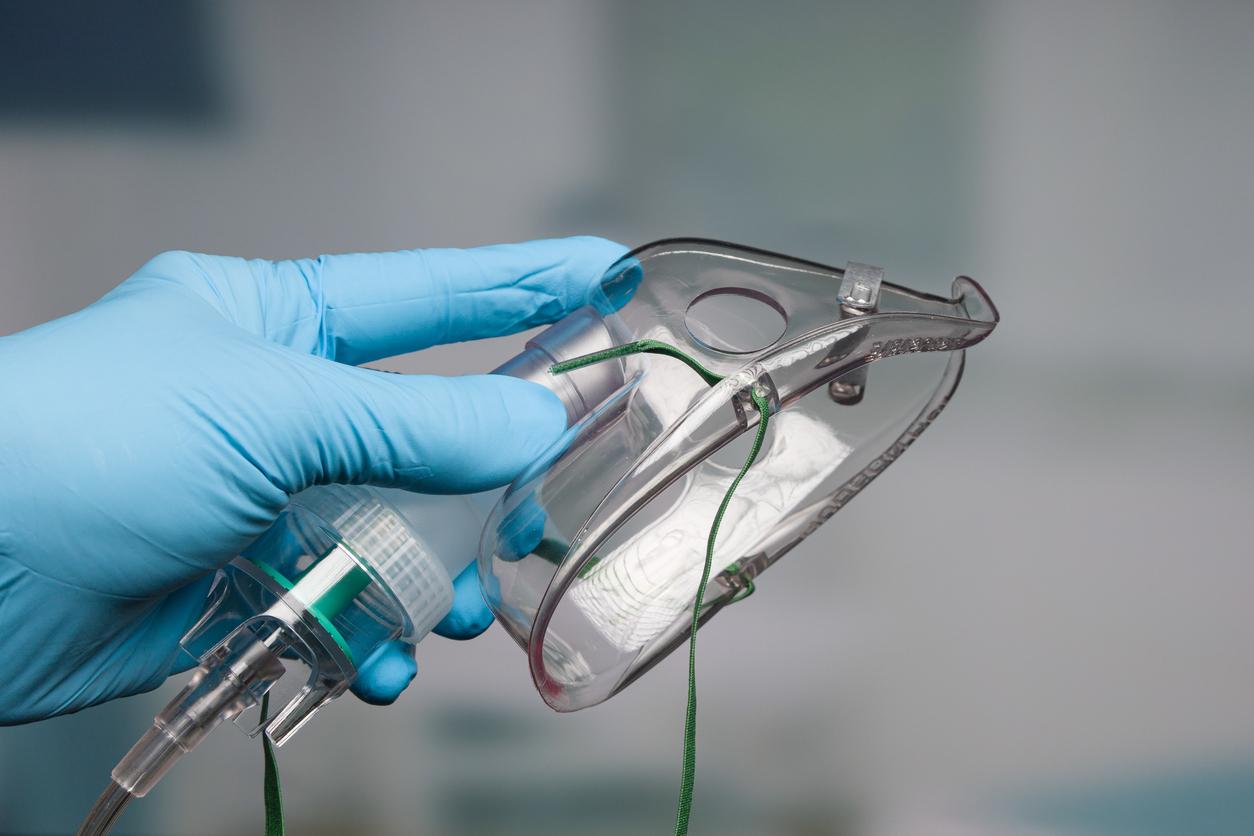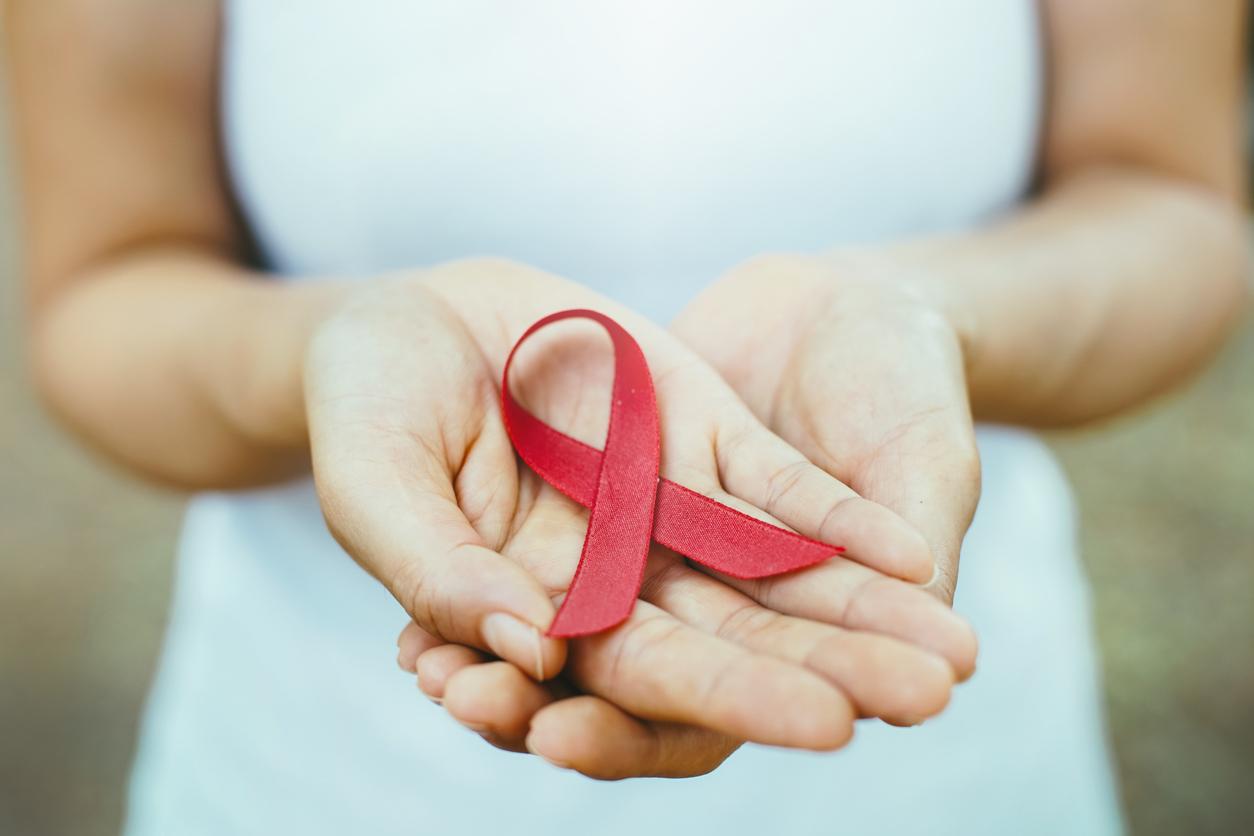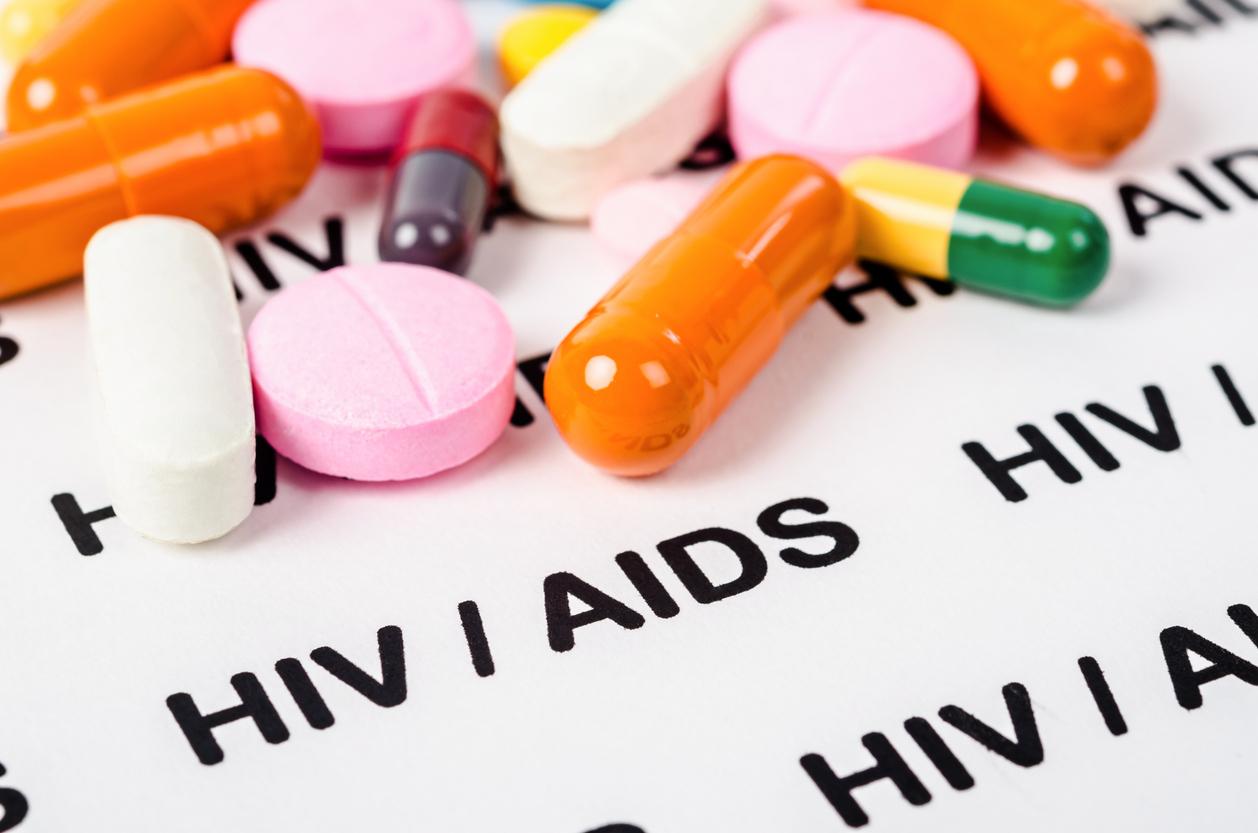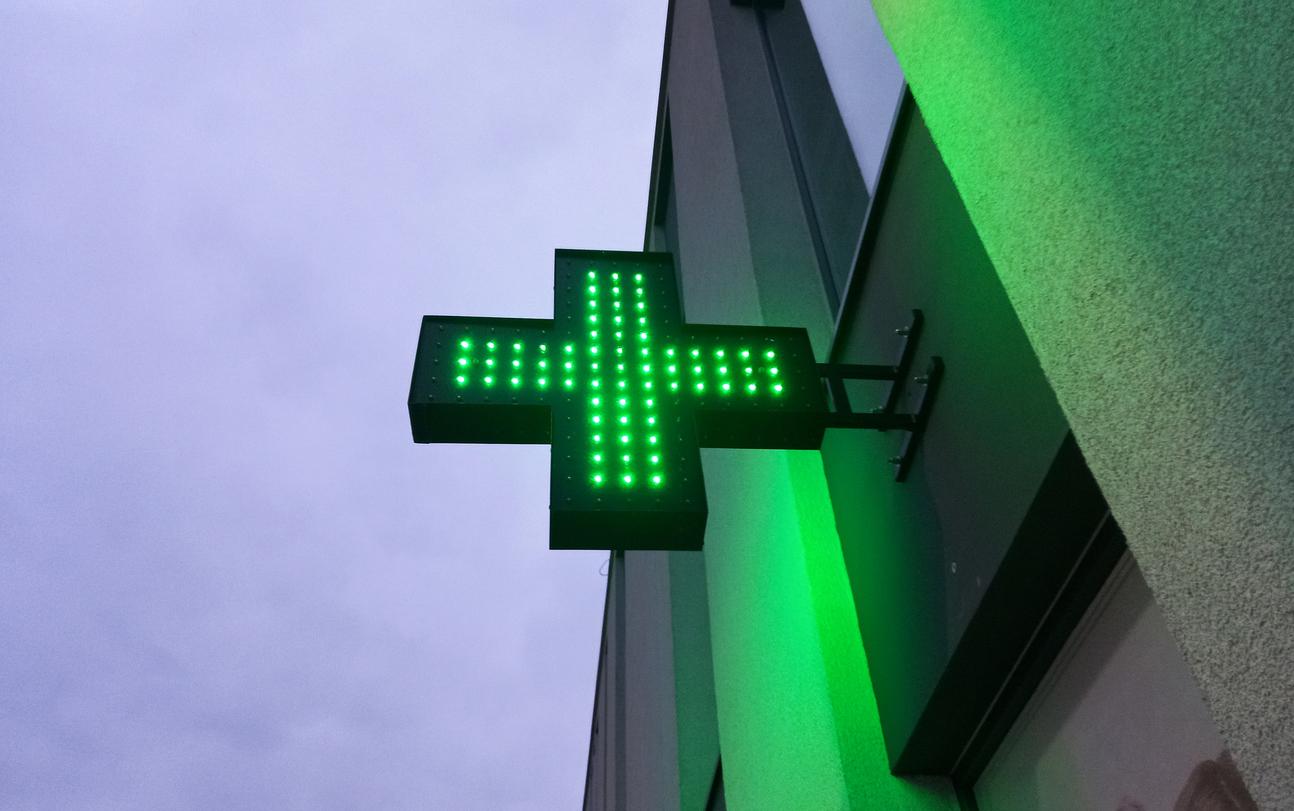According to a clinical study, an injection of Lenacapavir twice a year reduces the risk of HIV infection by 96%, surpassing the more restrictive oral antiretrovirals taken daily.

- Daily oral antiretrovirals, such as Truvada, are extremely effective in preventing HIV, but their success relies on rigorous adherence, and almost half of users drop out of this treatment within a year.
- A revolutionary treatment to prevent HIV could soon see the light of day: a twice-yearly injection of Lenacapavir, which reduces the risk of infection by 96%, surpassing Truvada, an oral antiretroviral taken daily.
- This advance, which shows almost total effectiveness, could be a game-changer for vulnerable populations who are often marginalized and face health inequalities.
A twice-yearly injection of Lenacapavir could outperform current treatments in preventing human immunodeficiency virus (HIV) by reducing the risk by 96%, according to a team of doctors from Emory University in the United States. This promising advance, published in the New England Journal of Medicine on the eve of World AIDS Day on 1er December, could well revolutionize the compliance and effectiveness of pre-exposure prophylaxis (PrEP), particularly for populations most affected by the virus.
Daily oral PrEP, an effective but restrictive treatment
Oral antiretrovirals, such as Truvada, are extremely effective in preventing HIV, but their success depends on careful daily dosing and regular medical visits. However, almost half of users abandon this treatment within a year, often due to difficulties accessing care or lack of adherence.
The clinical study, carried out on 3,265 participants spread across 88 sites around the world (United States, Latin America, South Africa, Thailand), compared the effectiveness of injectable Lenacapavir (once every six months) and Oral Truvada (taken daily). The results are striking: only 2 cases of HIV infection were recorded among the participants taking Lenacapavir, compared to 9 in the group taking Truvada. “This injection, almost 100% effective, represents a significant medical advance, particularly for those who struggle to follow daily treatment,” note the researchers in a press release.

A major impact for vulnerable populations
Importantly, the research included a wide diversity of participants, including cisgender men and people from communities often marginalized by U.S. healthcare systems. These populations, over-represented in new infections (50% would concern cisgender homosexual men and 70% of black or Hispanic individuals in 2022), are also those who would benefit the most from this innovation.
Lenacapavir, to be taken only twice a year, could therefore be a game-changer in the fight against the HIV epidemic, particularly for people facing health inequalities. Researchers are now awaiting approval by the Food and Drug Administration, the American health watchdog, hoped for by 2025.

















